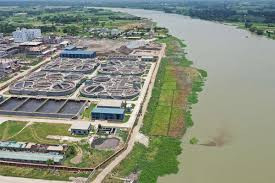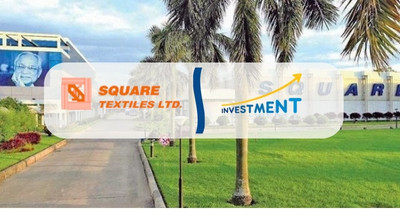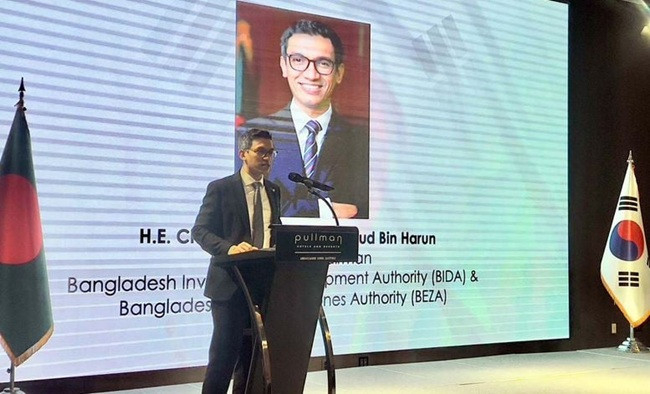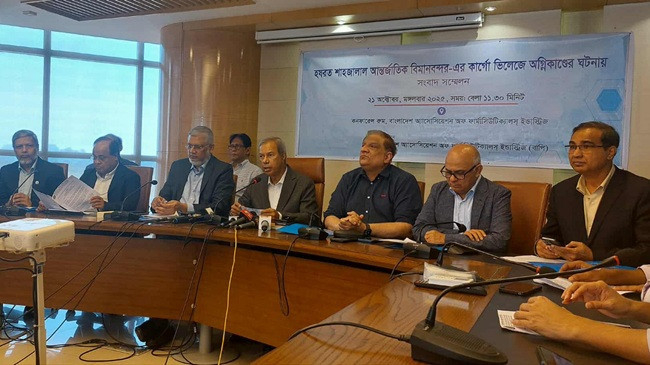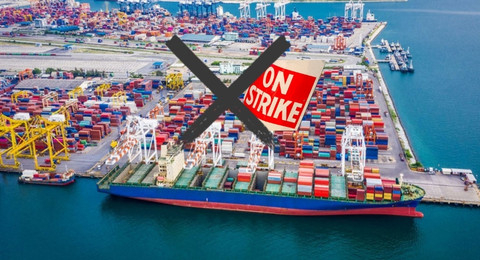High-Cost LNG sourcing, Bangladesh on the right Path?
Share This
Bangladesh will import liquefied natural gas (LNG) worth around BDT 550 billion in FY 2025–26 to tackle its gas shortage, according to Petrobangla. About 29% of the cargoes will come from the spot market, where prices average $14 per MMBtu, compared to $9–$11 under long-term contracts. Petrobangla’s latest deal with MS Aramco Trading Singapore Pte Ltd cost $11.88 per MMBtu.
This fiscal year, 115 LNG cargoes will arrive — 71 under long-term contracts and 33 from the spot market. Under these, 40 cargoes will come from QatarEnergy (BDT 156.17 billion), 16 from Oman (BDT 58.32 billion), 11 short-term cargoes from the same suppliers (BDT 59.32 billion), six new long-term cargoes from QatarEnergy (BDT 23.30 billion), two from OQ Trading (BDT 8.22 billion), and seven from Excelerate Energy (BDT 28.22 billion).
Energy analysts have criticized the reliance on costly spot market imports, saying earlier long-term contracts could have reduced spending and stabilized supply. Experts also point out that Bangladesh has not conducted major local gas exploration in the past two decades, nor made significant investments in the sector. Only slightly over BDT 10 billion has been allocated this year for well drilling and surveys — a level considered far below what’s needed.
Petrobangla officials said spot market imports will gradually fall, with only 17 cargoes planned for 2026. Energy Secretary Mohammad Saiful Islam noted that maintaining 10–20% of LNG purchases from the spot market helps manage price fluctuations and supply disruptions.
A key cost factor remains the absence of a land-based LNG terminal. The existing floating terminals — Summit and Excelerate — will cost BDT 22.51 billion in regasification fees this fiscal year. Since 2018–19, regasification costs have totaled about BDT 160 billion, enough to have built a land-based terminal with roughly 70% of that amount.
The long-delayed Matarbari land-based LNG terminal project, first planned in 2019, has now been revived under a Public-Private Partnership (PPP) model. Several companies have shown interest, and a project director has been appointed. The terminal will cost BDT 150–200 billion (around $1 billion) and take 7–8 years to complete.
Domestic gas production continues to fall — 2,750 million cubic feet of gas is now produced against a demand of 3,800 million cubic feet. Experts warn the country’s growing dependence on LNG imports, without major exploration, poses a long-term energy risk. Geologist Professor Badrul Imam stressed the need for aggressive drilling in unexplored areas.
Currently, eight rigs are in operation, with two more being acquired. The government has targeted drilling 100 new wells by 2028, in addition to the 50 already planned.
